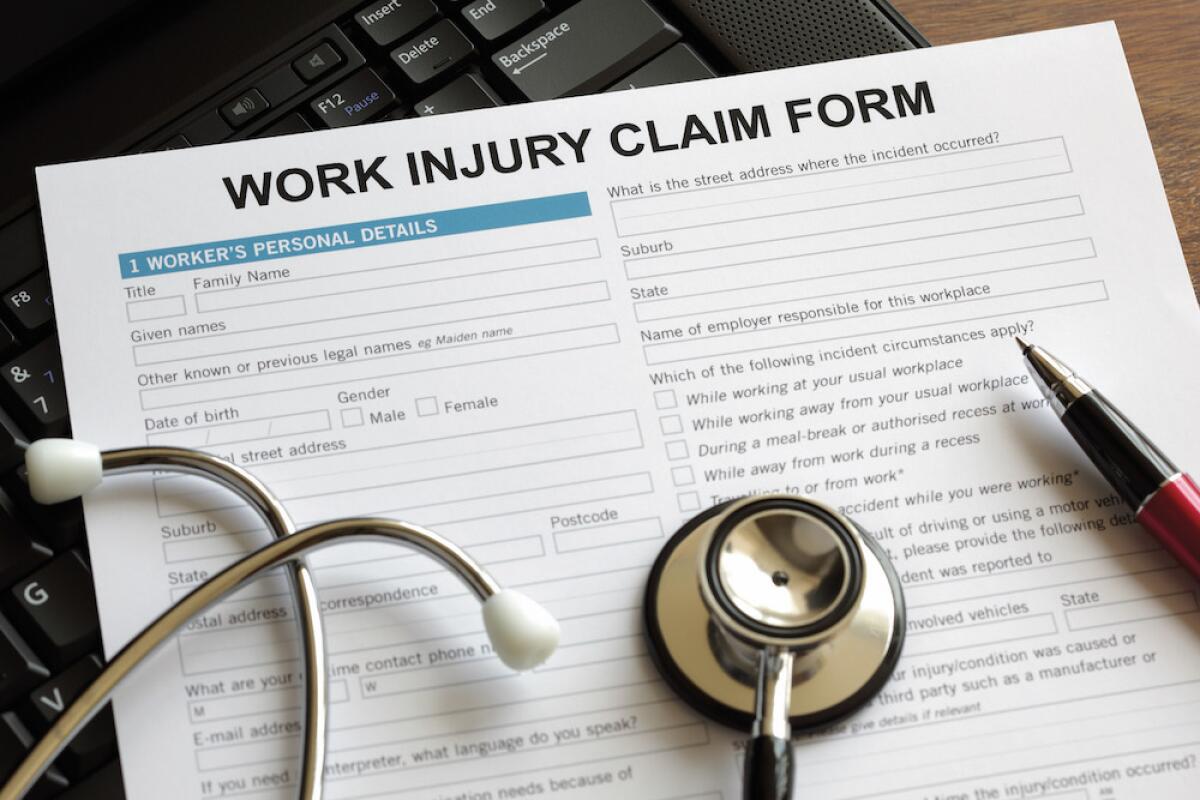What is the Statute of Limitations in California for Personal Injury?

Don’t miss the filing deadline for personal injury claims – you could lose a sizable monetary judgment.
If you’ve been hurt in a vehicle collision, fallen at work, tripped over uneven pavement, or been injured in another way due to someone else’s negligence, you may be entitled to financial compensation. So, you could be asking yourself: What is the statute of limitations in California for personal injury? You don’t want to miss the deadline for filing a personal injury claim. If you do, a judge can dismiss your case, barring you from collecting damages.
The statute of limitations in California for a personal injury claim is two years. The clock starts ticking on the date of the injury accident. If the injury was not discovered right away and took months to arise, then a lawsuit must be filed within one year from the date the injury was discovered.
If your loved one died in an injury accident, you can file a wrongful death claim. For wrongful death, the statute of limitations is two years from the date the individual died, which, in some cases, might be weeks or months after the injury occurred.
However, if the injury was caused due to the fault or negligence of a local government, county, city, municipality etc., the time to file a claim against these entities can be more restrictive, and typically a governmental tort claim must be filed within six months from the date of the accident.
“After an injury accident, a family can experience confusion, worry, and fear and lose track of time. This is understandable,” said Attorney Aaron Fhima, partner at Neale & Fhima. “The last thing they’re thinking about is a lawsuit. But it’s important to remember that a legal claim can help pay the mounting medical bills and lost wages. You don’t want to miss your opportunity to protect yourself and your family’s financial future.”
A person may be entitled to economic and non-economic damages including:
• Medical bills
• Future medical care
• Lost wages
• Loss of future earnings potential
• Property damage
• Pain and suffering
• PTSD and emotional distress
• Scarring and disfigurement
• Loss of the enjoyment of life
• Loss of consortium (spouse or legal partner)
• Funeral and burial costs (in the case of wrongful death)
These can add up to hundreds of thousands of dollars in some cases, so injured persons don’t want to delay and let the statute of limitations expire. The longer you wait, the less time you have to hire a lawyer who can fight for what you are legally entitled to and get the process started.